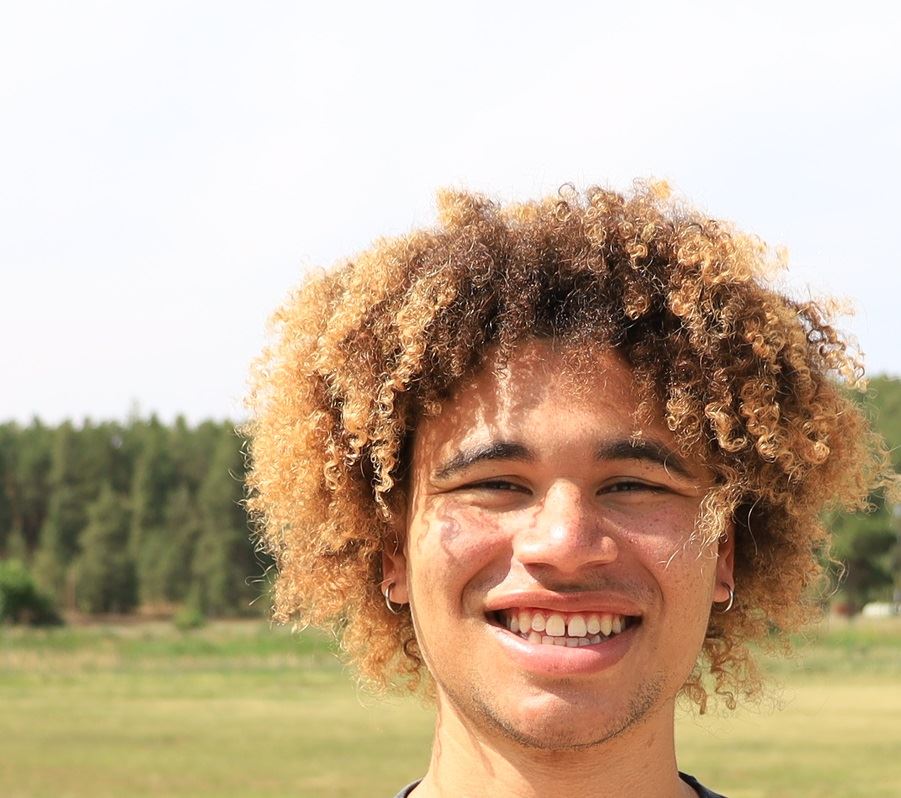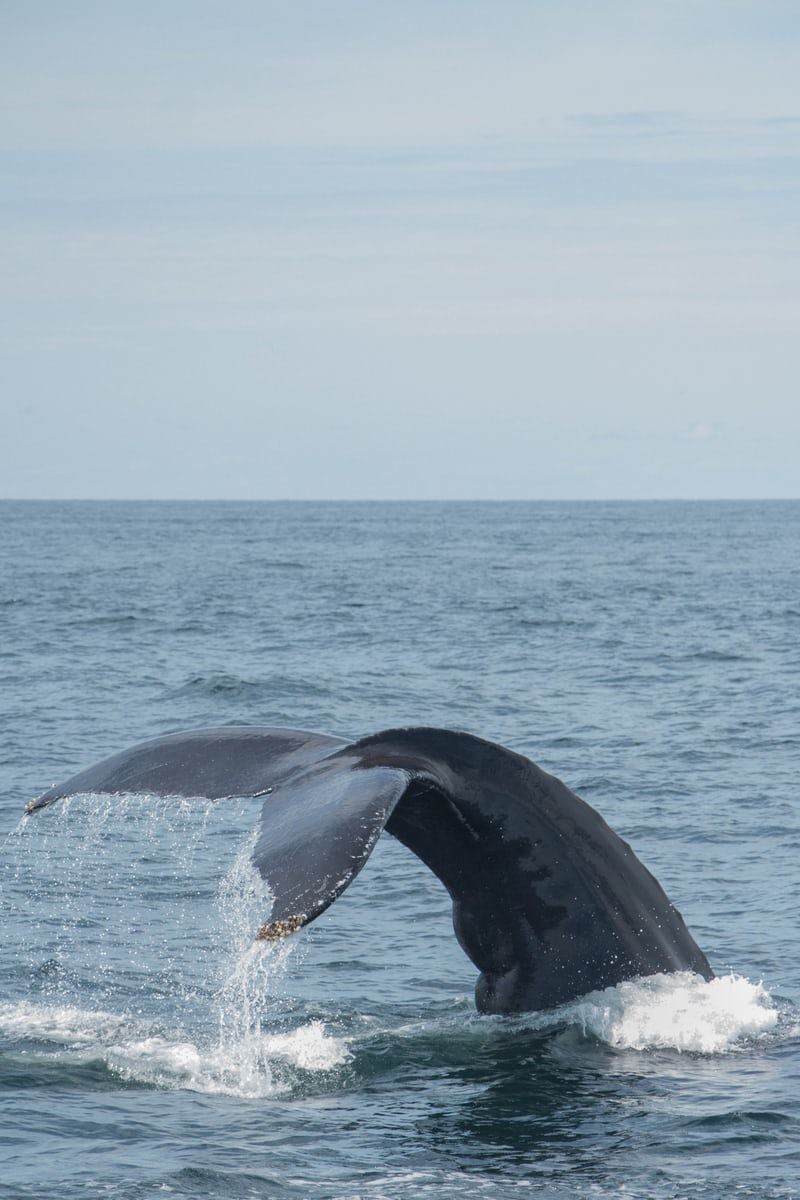Stirling Sims, though connected to a family of “camp people,” never really had the quintessential camp experience until this summer. As a student at Queens University in North Carolina, playing college volleyball and studying Nursing, he was recruited by his cousins—long time camp kids, volunteers, and staff, Kallie and Abby Handlong, to join the counselor intern team at Mingus Mountain Camp (AZ).

With over a year of COVID living impacting all of us, this summer started with Stirling and the rest of the counselor interns just figuring out how to be around people in real life again – how to connect with others, see each other for who they are, and how to lead campers in the experience that they needed to re-enter into life. To say this was tougher than it sounds is an understatement.
With campers “out of practice,” unused to things like lining up, listening to an adult’s (besides at home) instruction, being aware of others, etc., it meant that in many ways, the Mingus camp staff were reintroducing our campers to the basic rules of living in society. Stirling, focused on offering fun experiences in a safe environment, discovered that a lot of his time was spent just reining in campers, redirecting them, and teaching them or reintroducing them to what it means to be together in community.
After a few grueling weeks, he was questioning whether camp was the right place for him, and after some honest and heartfelt discussions with camp leadership, he decided to give it another week. That week was when the camp magic happened. Stirling's group of campers, a Junior High coed group, was a disparate crew with lots of identities, from the traditionally “cool” campers to more unique and marginalized youth. The week was hard, but oh so good — filled with fun, heartfelt connections, and those moments when camp transformed from being a bunch of different people to an embodiment of loving, accepting community.
 Just before that transformation occurred, when Stirling was still wondering why he was at camp, he asked God to show to him that he wasn’t alone and that he was where he was meant to be. In turn, using his Bible app, God pointed him to the scripture of Jonah and the whale (which happened to be a primary scripture we studied this summer). In the passage, Stirling encountered Jonah drowning, overwhelmed, afraid, alone, and exhausted. Jonah was swallowed by the giant fish — not to kill him, but to protect him — to offer him a place of peace amid the chaos. Stirling knew immediately that the scripture was meant for him; that God was offering him camp the way God offered Jonah the fish.
Just before that transformation occurred, when Stirling was still wondering why he was at camp, he asked God to show to him that he wasn’t alone and that he was where he was meant to be. In turn, using his Bible app, God pointed him to the scripture of Jonah and the whale (which happened to be a primary scripture we studied this summer). In the passage, Stirling encountered Jonah drowning, overwhelmed, afraid, alone, and exhausted. Jonah was swallowed by the giant fish — not to kill him, but to protect him — to offer him a place of peace amid the chaos. Stirling knew immediately that the scripture was meant for him; that God was offering him camp the way God offered Jonah the fish.
From that moment, Stirling saw his campers and the camp experience through changed eyes. He was sure that God was with him and that he just had to listen to hear what God was saying. God showed him the beauty of his challenging group, and the night before camp ended, Stirling found himself just watching the campers as they laughed, swapped phone numbers, and shared their final evening in game play and conversation, thinking to himself, “this is the hardest job you’ll ever love.”
Ultimately, though the summer had challenges and lots of growing opportunities, Stirling was fulfilled to finish the summer surprised at how much he enjoyed it and sad to see camp come to a close. He’s sure that God is still with him even in the chaos, and that is something he’ll forever carry with him from camp at Mingus Mountain.
Special thanks to the Mingus Mountain team for sharing this story!

